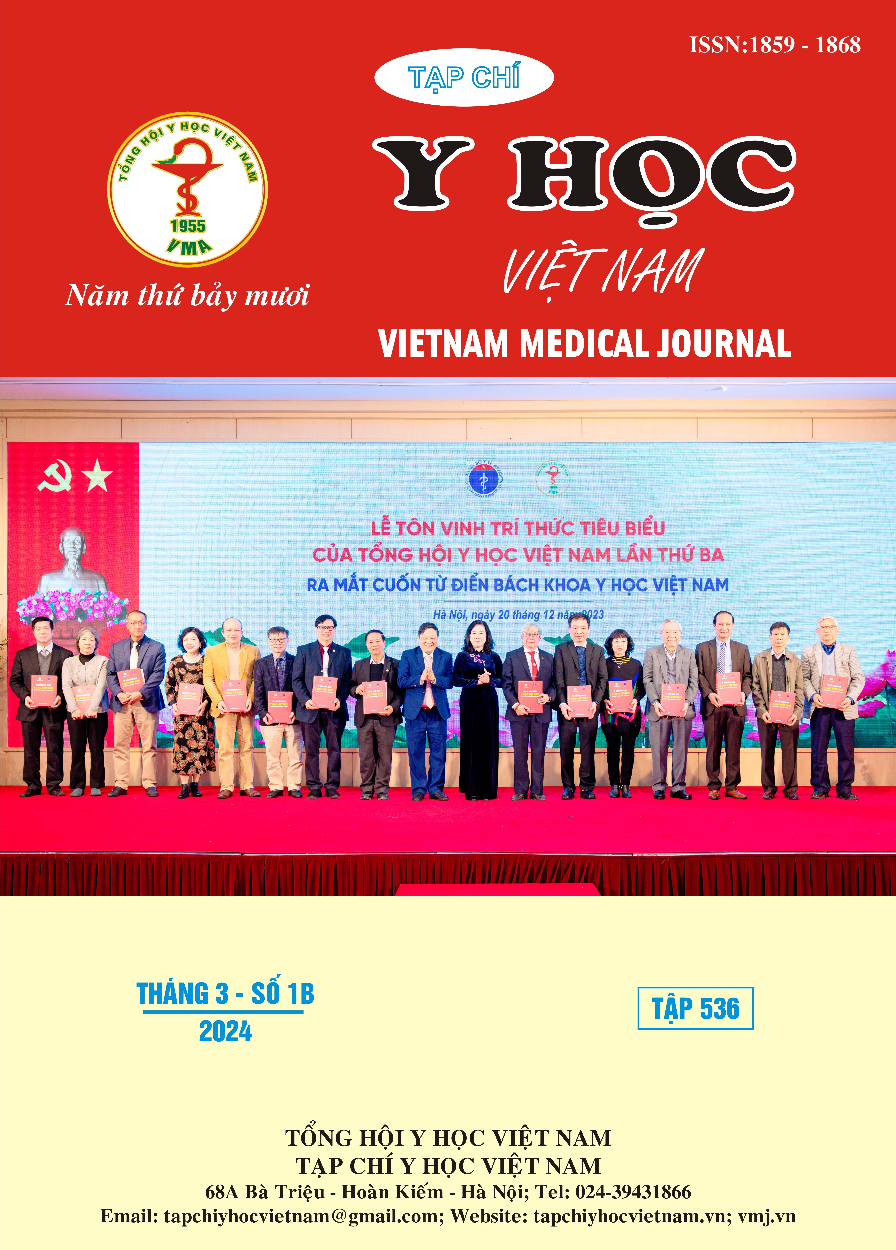STUDENTS’ PERCEPTION OF INTERPERSONAL PROFESSIONAL EDUCATION AT THE UNIVERSITY OF MEDICINE AND PHARMACY AT HO CHI MINH CITY
Main Article Content
Abstract
Introduction: Effective Interprofessional Education (IPE) is one essential requirement to ensure healthcare quality which focuses on patient-centered care and patient safety. The IPE also helps students self-prepared of interprofessional and teamwork competencies, and thus they can improve the effectiveness of patient care. Objective: To explore students’ perception of interpersonal professional education at the University of Medicine and Pharmacy at Ho Chi Minh City. Methods: The qualitative research was undertaken on 20 students of four majorities including General Medicine, Nursing, Pharmacy, and Rehabilitation who participated in the IPE at the University of Medicine and Pharmacy at Ho Chi Minh City, divided into 3 focused group discussions. The research applied the "Framework analysis" method following the model of "Interprofessional Education for Collaborative Patient-centered Practice - IECCPP). Results: Research results show the impact of IPE on many levels of knowledge, attitudes, and skills related to interprofessional teamwork among health students. Students reported their perception of 1) changed and increased awareness of the roles of professions through the group of clauses "identification and awareness"; 2) improved communication and collaborative working skills through the group of clauses "communication and coordination"; and 3) achieved respect and understanding of other professions through the “respect and understanding” clause group. Conclusions: This is the first step to explore the contribution of IPE in competency-based education at the University of Medicine and Pharmacy at Ho Chi Minh City. The research results provide the basis background for further research to investigate the effectiveness of strategies that educational programs can apply to develop interprofessional competencies.
Article Details
References
2. D'amour D, Oandasan I. Interprofessionality as the field of interprofessional practice and interprofessional education: An emerging concept. Journal of interprofessional care. 2005 May 1;19(sup1):8-20.
3. Gambino K M, Frawley S, Lu W H, "Working Together: Addressing Cultural Diversity, Patient Safety, and Quality Care Through an Interprofessional Health Care Course", Nursing Education Perspectives, 2019, pp.
4. Oandasan I, Reeves S. Key elements of interprofessional education. Part 2: factors, processes and outcomes. Journal of Interprofessional care. 2005 May 1;19(sup1):39-48.
5. Saragih ID, Tarihoran DE, Sharma S, Chou FH. A systematic review and meta-analysis of outcomes of interprofessional education for healthcare students from seven countries. Nurse Education in Practice. 2023 Jun 29:103683.
6. Syahrizal D, Renaldi T, Dianti SW, Jannah N, Rachmah R, Firdausa S, Vonna A. The differences in perceptions of interprofessional education among health profession students: The Indonesian experience. Journal of multidisciplinary healthcare. 2020 May 12:403-10.
7. Teuwen C, van der Burgt S, Kusurkar R, Schreurs H, Daelmans H, Peerdeman S. How does interprofessional education influence students’ perceptions of collaboration in the clinical setting? A qualitative study. BMC Medical Education. 2022 Dec;22(1):1-0.
8. World Health Organization. Framework for action on interprofessional education and collaborative practice. World Health Organization; 2010. Retrieved from https://iris.who.int/ bitstream/handle/10665/70185/WHO_HRH_HPN_10.3_eng.pdf?sequence=1
9. Zenani NE, Sehularo LA, Gause G, Chukwuere PC. The contribution of interprofessional education in developing competent undergraduate nursing students: integrative literature review. BMC nursing. 2023 Sep 14;22(1):315.


